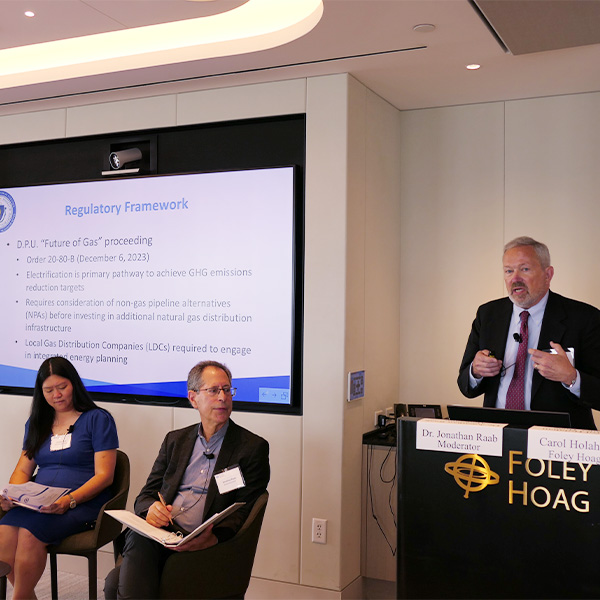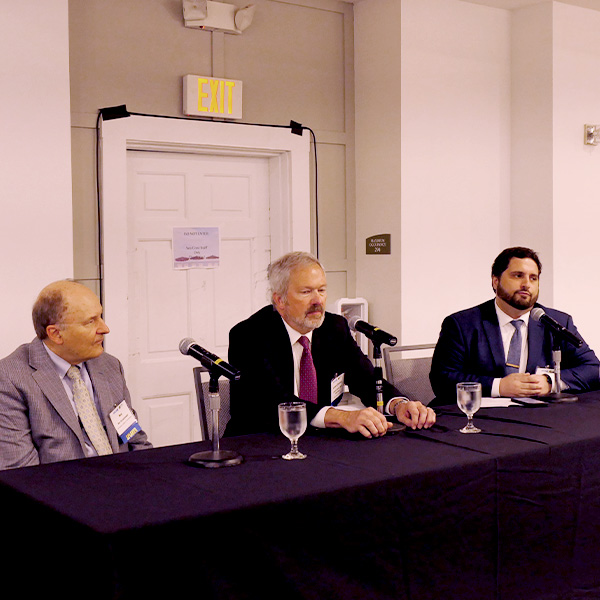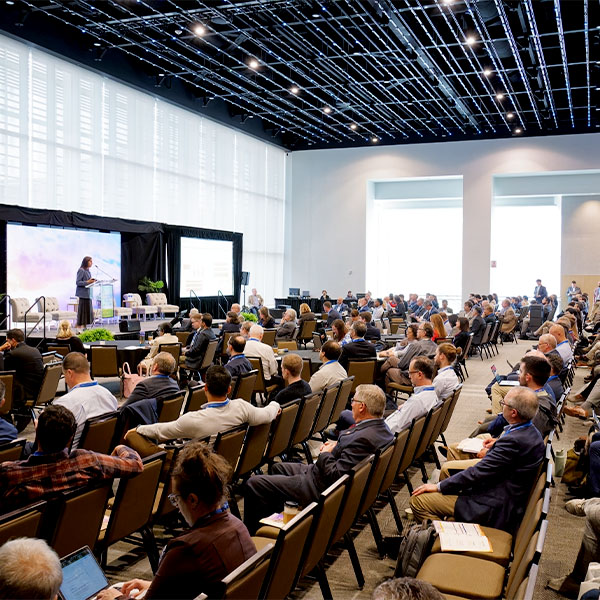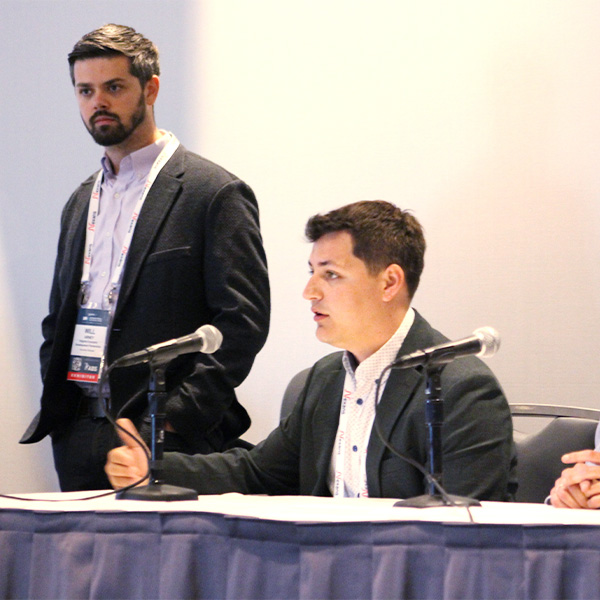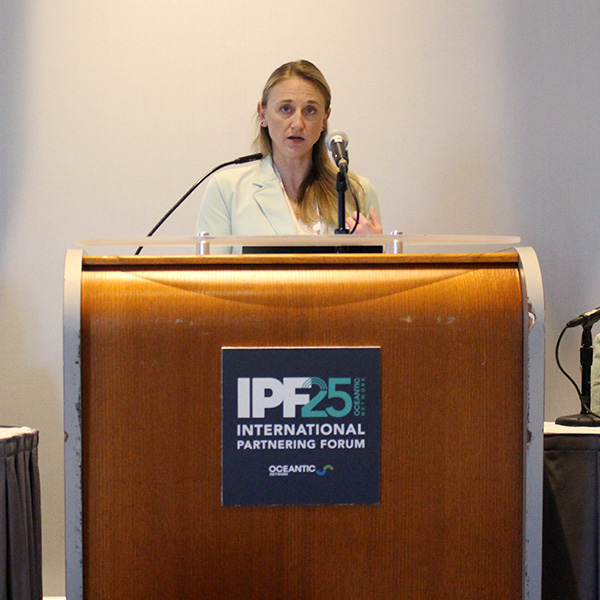Conference coverage
The growing number of data centers offers a major growth opportunity for demand response, as it can help get the energy-hungry facilities online quicker than new generation, speakers said at CPower Energy’s GridFuture 2025 conference.
EPA Administrator Lee Zeldin proudly told NARUC attendees the agency’s proposed rescission of the 2009 endangerment finding would be the “largest deregulatory action in the history of the country.”
Despite interest from the Trump administration, new gas pipelines into New England remain unlikely due to a lack of counterparties willing to pay for the new lines, energy industry experts said.
New England utility regulators warned that knee-jerk reactions to backlash over high winter costs could create long-term consequences for customers.
Federal funding disruption and a surge in electricity demand will require states to implement resource adequacy and financial support policies for new energy sources, speakers at an energy conference in New Jersey said.
Government officials and industry executives discussed how to mitigate rising energy costs in New England at the NECPUC Symposium.
The annual New York energy storage conference and expo came with excellent timing this year, as progress at the state level was matched by looming obstacles at the federal level.
California’s goal of deploying 6 million heat pumps in buildings by 2030 is being tackled from multiple angles, and the different strategies were the subject of a panel discussion during a recent conference.
States looking to upgrade their grid to accept offshore wind power should look for secondary benefits to lure support, speakers said at the International Partnering Forum 25 conference.
Offshore wind advocates are closely monitoring and vigorously lobbying Congress to assess and shape potential changes to the Inflation Reduction Act and its budget.
Want more? Advanced Search


